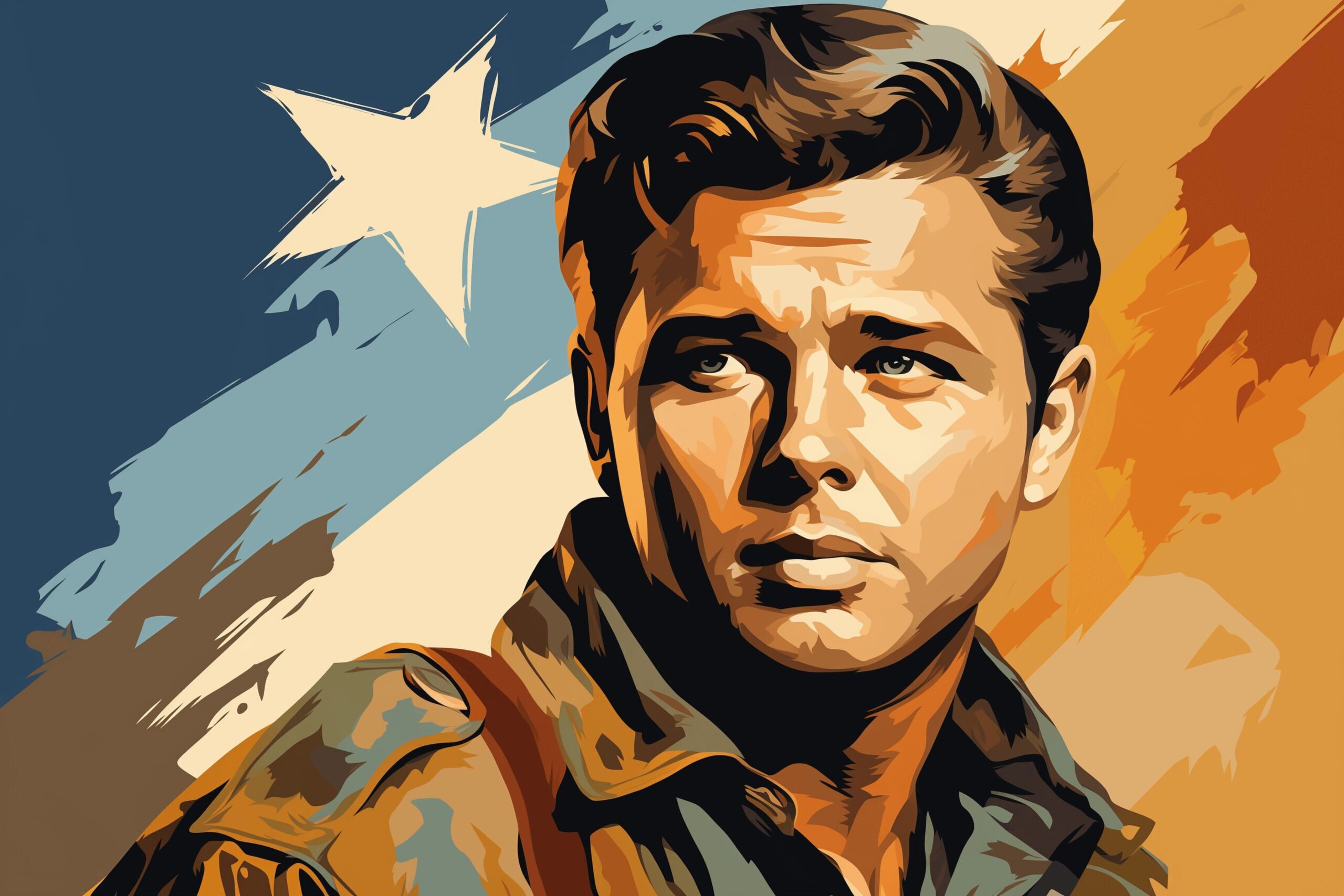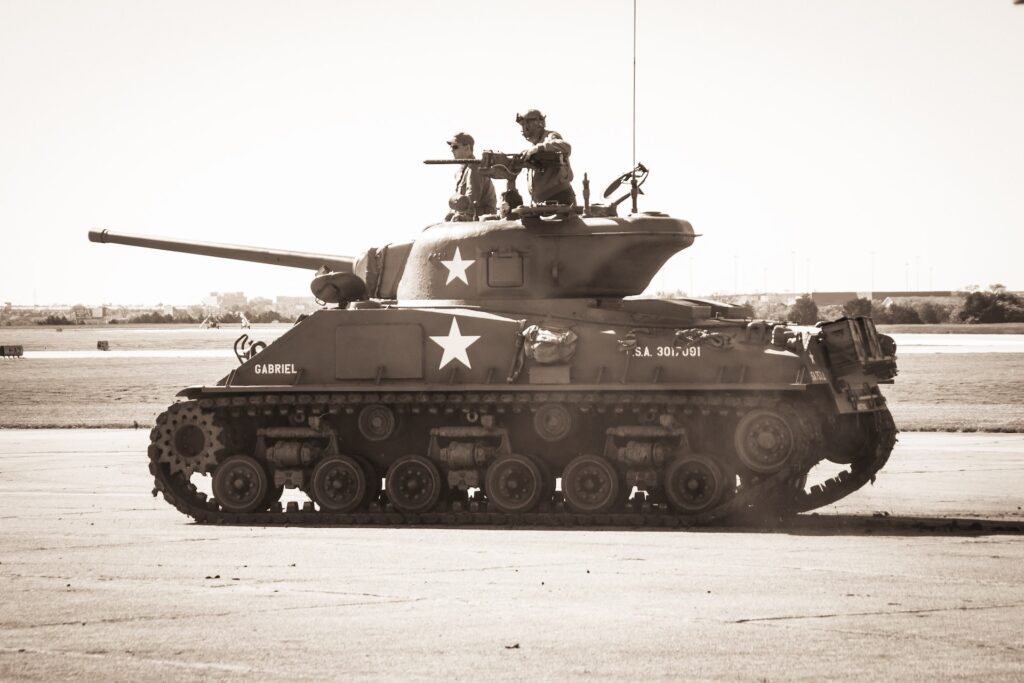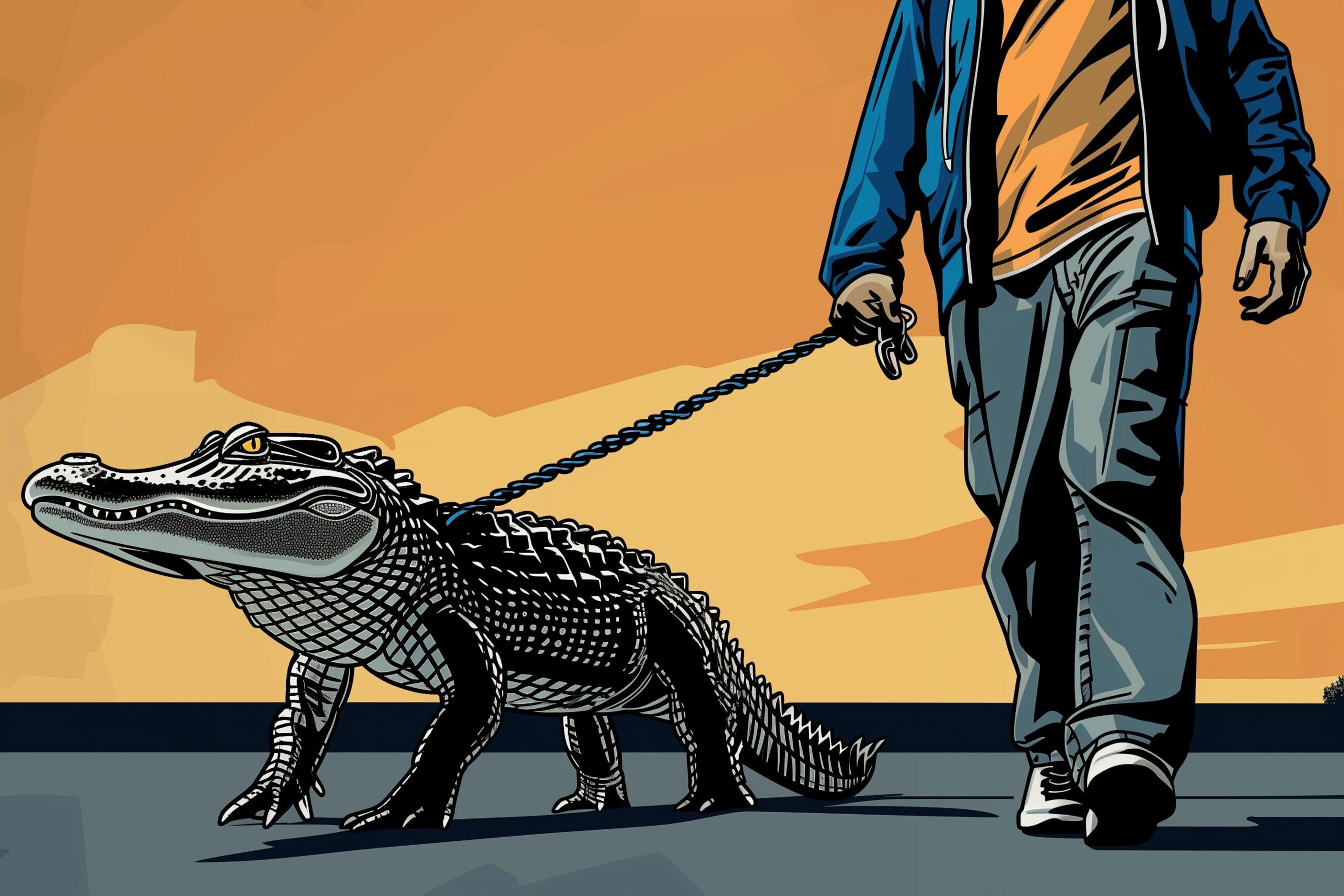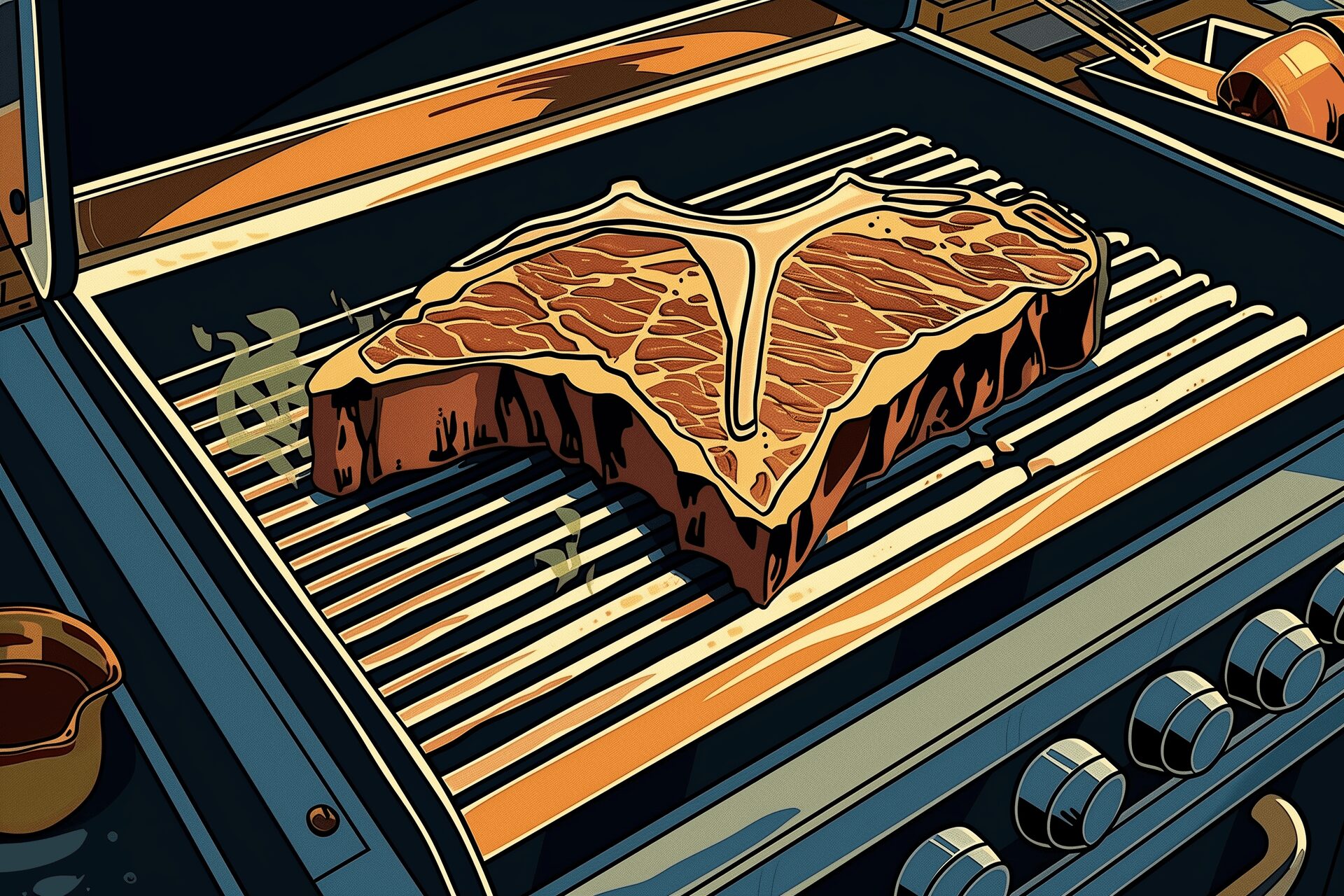Audie Murphy: America’s Most Decorated and Famous Soldier
Mar 14, 2024

As an Amazon Associate, Modded gets commissions for purchases made through links in this post.
Audie Leon Murphy, born on June 20, 1925, in Kingston, Texas, rose from humble beginnings to become one of the most celebrated and decorated soldiers in American history. His extraordinary bravery and indomitable spirit during World War II made him an iconic figure, earning him numerous awards for bravery and turning him into a symbol of heroism. Here’s how he went from being the breadwinner for his low-income family, to the country’s most famous soldier.
Humble Beginnings
Poverty and hardship mark Audie Murphy’s childhood. Growing up in a sharecropper family, he faced the challenges of the Great Depression. He grew up in a cramped farmhouse with his eight siblings.
With the death of his father when Murphy was only a teenager, he found himself responsible for supporting his family. His formal education was sporadic, and he often missed school to support his family financially. These formative years instilled in Murphy a sense of responsibility and resilience that would later define his character on the battlefield.
During these challenges, he developed a deep love for literature and often found solace in books. His vivid imagination and an early fascination with tales of heroism fuelled his desire to escape poverty and make a significant impact on the world. Despite these difficulties, his determination and sense of duty drove him to join the military at the age of 17.
Military Service
Murphy enlisted in the United States Army in 1942, lying about his age to meet the enlistment requirements. He quickly demonstrated exceptional skills as a soldier and natural leader. Murphy’s journey through the ranks was swift, and by the time he turned 19, he had already earned the rank of second lieutenant.

World War II Heroics
Murphy’s defining moment came during the Second World War in the European Theater. He served with the 3rd Infantry Division and participated in some of the most intense and grueling battles of the war. His actions during the Battle of Holtzwihr in January 1945, in particular, showcased his unparalleled courage.
Single-handedly repelling a German counterattack, Murphy held his ground on a burning tank destroyer, fighting off waves of enemy soldiers. Despite being wounded, he continued to lead his men and successfully defended his position. For his actions during this battle, Murphy was awarded the Medal of Honor, the United States’ highest military decoration.
Decorations and Legacy
Murphy’s military career was laden with accomplishments. In addition to the Medal of Honor, he received 32 additional awards and decorations, including the Distinguished Service Cross, two Silver Stars and the Bronze Star. His exemplary service made him one of the most decorated American soldiers of World War II.
Following the war, Murphy returned to civilian life but struggled with post-traumatic stress disorder (PTSD) Because of his PTSD, he began sleeping with a loaded pistol under his pillow. He suffered from bouts of depression and severe insomnia.
As a result, he became an advocate for veterans’ mental health. He transitioned into a successful career as an actor, starring in films like “To Hell and Back,” an adaptation of his autobiography. Audie Murphy’s legacy extends beyond his military service — he became a symbol of bravery and resilience. These achievements easily led to his title as America’s most famous soldier.

Post-War Contributions
Murphy’s openness about own mental health challenges helped destigmatize the issue within the military community. He became a vocal advocate for veterans’ mental health, urging the government to provide better support and resources for those grappling with the psychological toll of war.
His advocacy extended beyond his own experiences. He testified before Congress about the importance of addressing mental health issues among veterans. He worked tirelessly to raise awareness about the challenges they faced upon returning home. His efforts contributed to a greater understanding of the long-term impact of combat stress and paved the way for improved mental health services for veterans.
Literary and Cinematic Achievements
Audie Murphy’s autobiography, “To Hell and Back,” published in 1949, became a bestseller and was later adapted into a film of the same name in 1955. This movie is among some of the must-watch war films for history enthusiasts. The book provides a raw and unflinching account of his wartime experiences, offering readers a glimpse into the harrowing realities of combat and the toll it took on his mental well-being.
The cinematic adaptation, in which Murphy played himself, was a critical and commercial success, further solidifying his place as a war hero in the public’s eyes. In addition to his autobiography, Murphy wrote several other books, including novels and poetry. His literary contributions provided insights into the complexities of war and its aftermath, showcasing not only his courage on the battlefield but also his talent as a storyteller.
Acting Career
His transition to Hollywood marked another chapter in his remarkable life. Besides being a famous soldier, he became a successful actor, starring in over 40 films. While many of his roles were in Westerns and war movies, he also demonstrated versatility in various genres. His performances were often praised for their authenticity, drawing on his own experiences to bring depth and realism to his characters.
Despite facing initial skepticism in Hollywood due to his relatively small stature and unassuming appearance, Murphy’s talent and charisma won over audiences and critics. He proved that his heroism wasn’t limited to the battlefield but extended to the silver screen, where he carved out a niche for himself in the entertainment industry.
Legacy and Commemoration
Murphy’s impact on American military history and popular culture continues. The Audie L. Murphy Memorial VA Hospital in San Antonio, Texas, and the Audie Murphy American Cotton Museum in Greenville, Texas, stand as tributes to his contributions. His gravesite in Arlington National Cemetery is one of the most visited, a testament to the enduring reverence for his service and sacrifice.
In 2012, the U.S. Postal Service honored Murphy with a postage stamp featuring his photo, further cementing his status as an American icon. The stamp, part of the Distinguished Soldiers series, recognizes his exceptional courage and the indelible mark he left on the nation.

America’s Famous Soldier
From the battlefields of World War II to the halls of Congress and the Hollywood Screen, Murphy remains an inspiration. His story serves as a reminder of the resilience of the human spirit, the importance of mental health awareness and the enduring legacy of those who selflessly served their country. Murphy’s name continues to evoke admiration and respect, ensuring that his contributions to the military and society at large will be remembered for generations to come.






